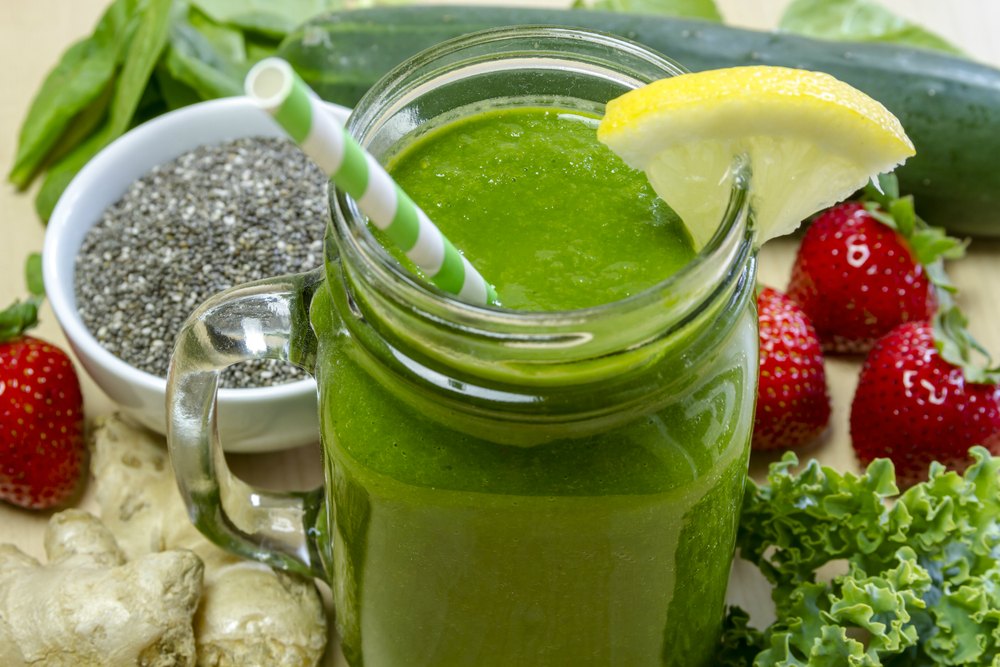
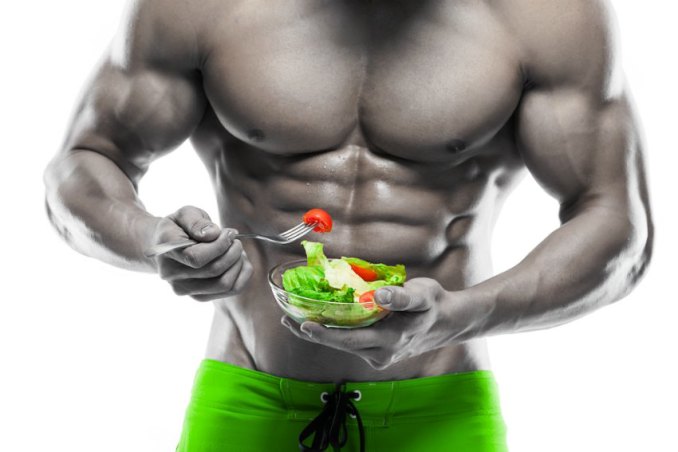
“How much protein I need to bulk up?”
“Do I need to take supplements?”
“Can plants provide the necessary nutrients I need as an athlete to endure hours and hours of gruelling workout?”
“What about iron…?”
“Aren’t vegans usually frail and skinny, and are especially susceptible to performance-limiting nutrient deficiencies?” (I’m not just talking about athletic performance 😉 )
If you look at most online discussions of this topic, you’ll get mixed views of what foods to take, whether you need supplements or not, what supplements you need, and in what forms to take.
So I decided to clear up the confusion by inviting Jack Norris, a Registered Dietitian, Co-founder of Vegan OutReach, and Co-Author of “Vegan For Life: Everything You Need to Know to be Healthy and Fit on a Plant-Based Diet.” Jack also started nutrition blogs at JackNorrisRD.com and VeganHealth.org.
And this series with Jack is also useful to omnivores, since we’ll be talking about foods and supplements that can enhance your athletic performance and prevent inflammation. So read on….
Background
Q: Can you share with us your brief background?
Jack Norris, RD: I’ve been a vegan since 1988 given concerns for animal welfare. And I co-founded an organization called Vegan Outreach. We promote vegetarian eating by giving people information about how animals are being treated and other aspects of the vegan diet. We focus mainly on college students.
In 2001, I became a registered dietitian because nutrition was such a big part of promoting a vegan lifestyle. I also wrote a book called Vegan For Life in 2011 with Ginny Messina, who is also a very well-known registered dietitian and is involved in spreading veganism.
I also have a website called veganhealth.org where I try to keep all pertinent research to vegetarian diets available for people to see.
Q: How did your experience in sports help shape/influence your career in plant based nutrition?
Jack Norris, RD: I’ve lifted weight consistently before I was vegan. I’ve done it my whole life so I pay careful attention to what my strength is. I must say I crave high protein food more than other food, especially after workouts.
Nutrition for Athletes: How to Gain Muscle with Plant Nutrition
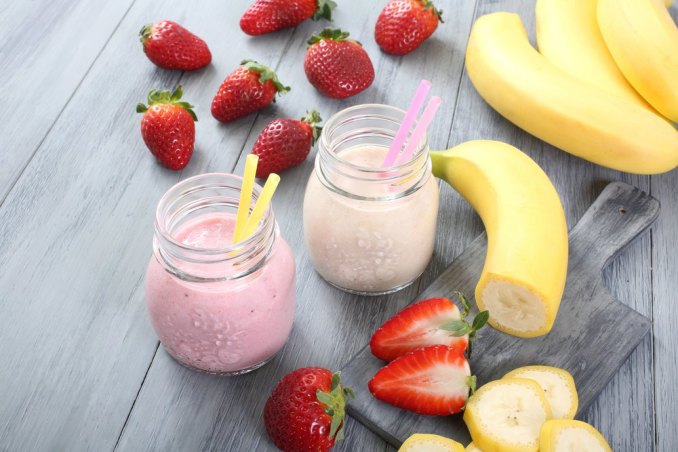
Q: For someone active (say a weightlifter, or someone who plays a lot of sports) who’s considering a plant-based diet (or even a mainly plant-based diet), what essential nutrients should he/she be most aware of that may be only be found in animal foods?
Jack Norris, RD: There are 3 different categories of people I’ll be addressing:
- Strength and Speed Athletes
- Endurance Athletes
- Vegans
Strength and Speed Athletes – People Trying to Build Muscles
Q: How much protein do you really need to build muscles?
As I’ve said weight lifters are going to want more protein than your average person. There’s a debate about how much protein one needs.
Some weightlifters think that it is about 4x RDA (Recommended Dietary Allowances); others think it is about 2x as much as the RDA.
Research shows that when you’re starting off a weightlifting program, 1.1 to 1.5 grams of protein per kg of bodyweight is about what’s needed.
The standard RDA is 0.8 grams of protein per kg of bodyweight, so the 1.5 grams I mentioned previously is almost double the RDA.
You may only need that for a short period of time and once you have built your muscles, you are going to plateau after that.
You don’t need quite as much to maintain your muscles. No one is sure about the exact amounts but it’s about 1.0 to 1.1 g/kg.
Vegans are thought to need about 10-20% more protein than meat-eaters.
Q: Best Sources of Plant-Based Protein?
#1: Soy Products
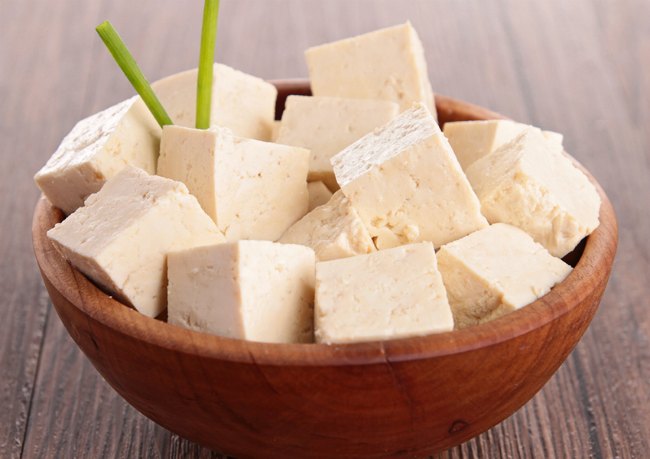
Some of the best sources of plant protein are tofu and tempeh, and soy meats such as Tofurky (How much of it is healthy?) – some of the Tofurky products have 29/30 grams of protein per serving.
#2: Legumes
Other good sources are any legumes, peanuts, beans, peas, and garbanzo beans.
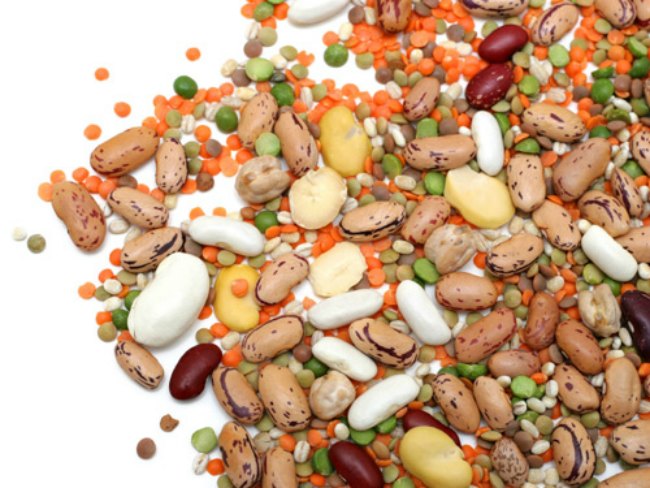
If you don’t like soy for some reason, you can get plenty of protein from those foods as well.
#3: Quinoa
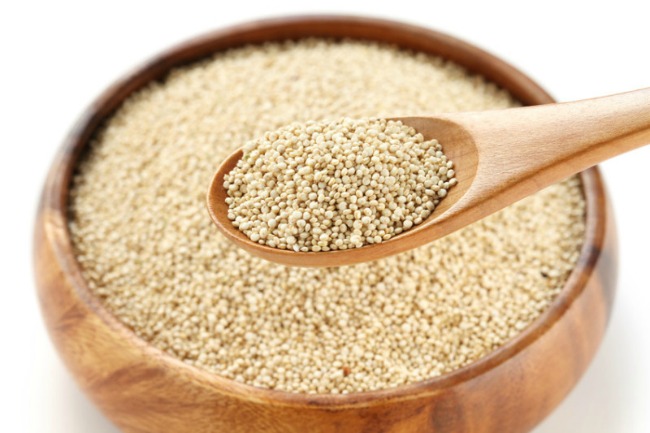
Quinoa is also high in protein and essential amino acid lysine. Lysine tends to be the limiting amino acid in vegan diets so I encourage people to eat foods that are high in lysine.
Legumes and quinoa are both high in lysine.
#4: Nuts and Seeds (Pistachio + Pumpkin Seeds)
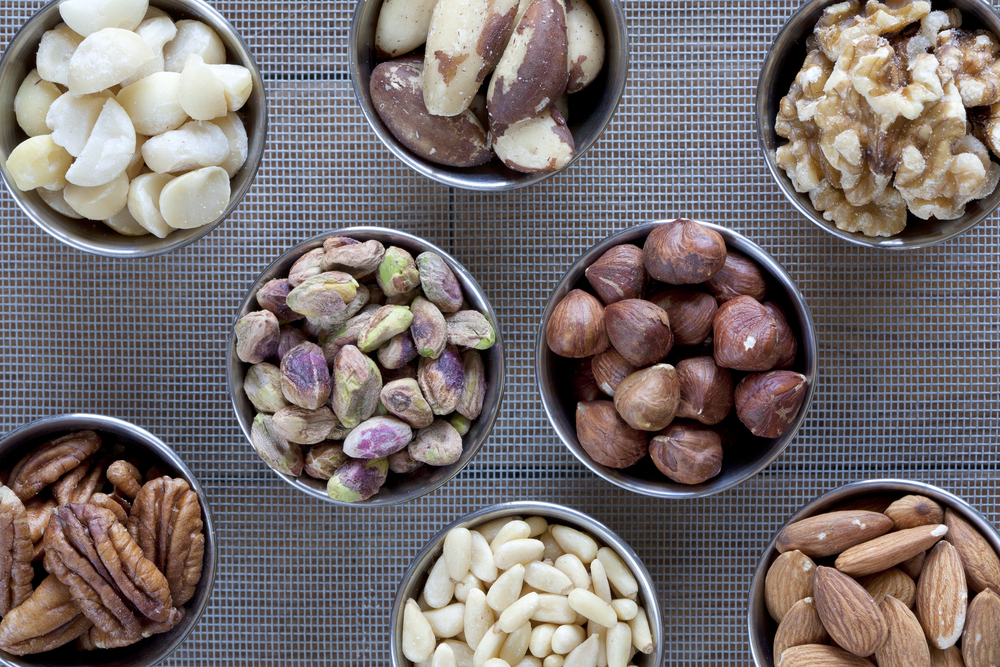
Pistachios and pumpkin seeds are also high in lysine.
#5: Seitan
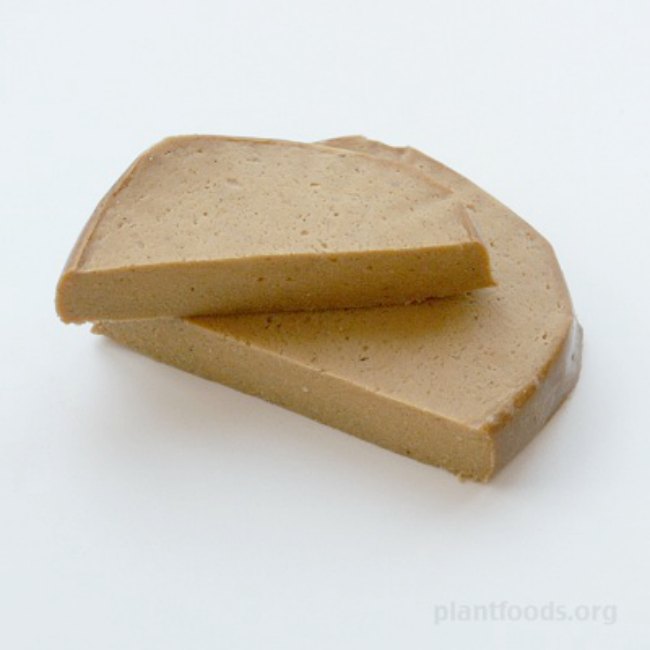
Seitan is high in both lysine and protein.
Endurance Athletes: Iron Deficiency and Strength?
Q: What about endurance athletes?
Jack Norris, RD: Generally protein is not an issue at all because you’re eating a lot more food than normal.
The one nutrient that can be a concern, especially for women, is iron.
For endurance athletes, you lose a lot of iron when you run because of your foot striking on the ground. The American College of Sports Medicine considers that to be an issue for long-distance runners. For any endurance athletes, iron is something to be aware of.
There are various ways to deal with this:
Some people are not prone to anemia so that’s not a problem. Other people need to use 2 strategies to improve their iron absorption and a few easy strategies are as follows:
1) Don’t drink coffee or tea with a meal. Coffee and tea have molecules that bind to iron and prevent them from being absorbed.
2) Increase vitamin C in meals. Vitamin C actually binds to iron and helps it becomes absorbed and at a high rate. Examples of foods that are high in vitamin C are oranges, broccoli, strawberries and grapefruit. You should try to get at least 50 mg per meal if you’re trying to increase iron absorption.
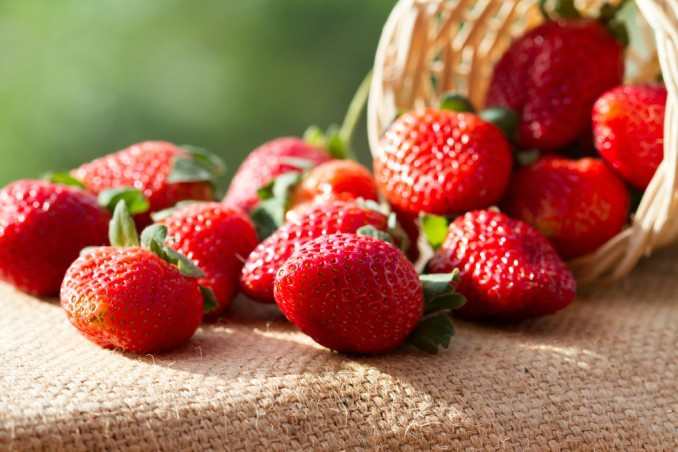
If you do 1 and 2, you reduce the risk of anemia.
Zinc for Faster Muscle Recovery?
For both endurance and strength athletes, they might benefit from zinc.
Zinc also helps repair muscles. Many people get plenty of zinc from their diet. Research on zinc and vegan diets is not very well defined and it is hard to measure people’s zinc status, which is one of the reasons why there is not much research on it.
What I usually tell people is this: If they find themselves catching colds very often, they may want to take a zinc supplement of 10 mg a day, which is about what the RDA is. This may help.
If there’s any indication that you’re not getting enough zinc, a zinc supplement is something to consider.
That’s the end of part 1 for now.
And we’ll have more exciting parts to come.
We’ll be addressing vitamin B12 in the next part – Do we need to supplement our diet with vitamin B12, or not? (Guess what, even meat eaters are low on B12. So B12 is not just a problem for vegans.)

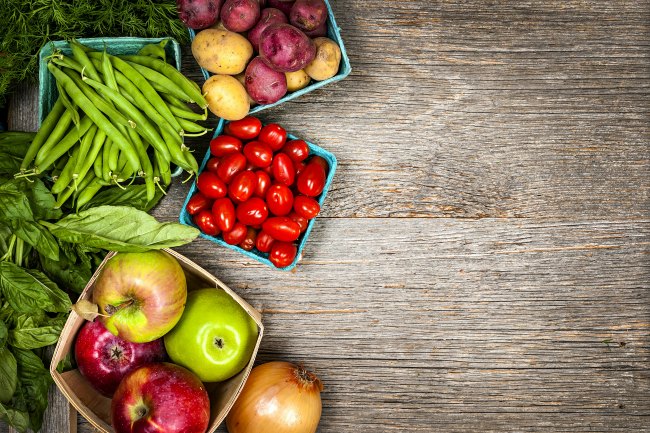

2 Comments
Hello, can you provide me with the link to part 2 of the interview? Thanks!
Michael, thank you for your note. Please go to: https://nicolelana.com/vegan-supplements-on-whole-foods-plant-based-diet-interview-with-jack-norris-rd-part-2/